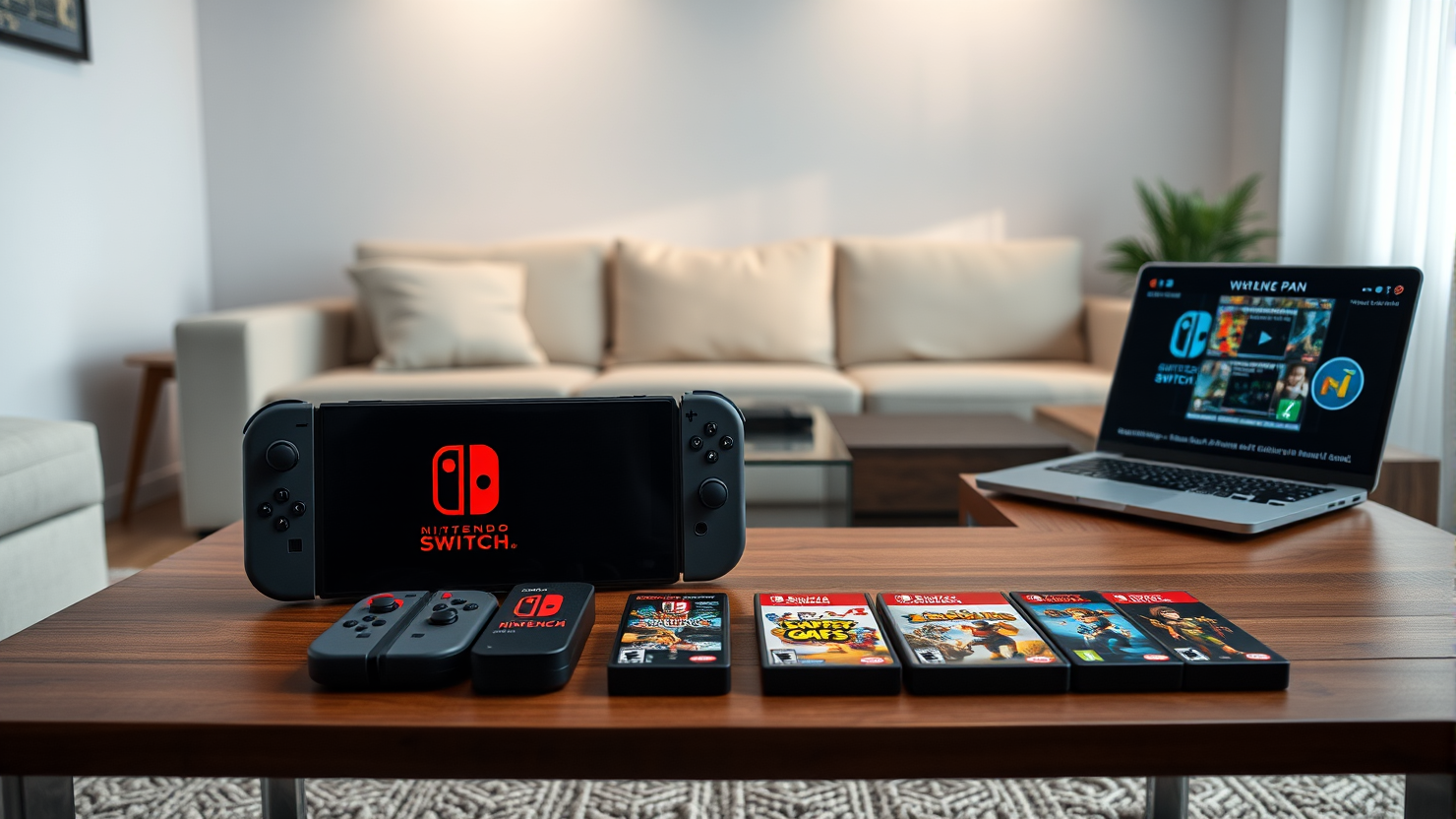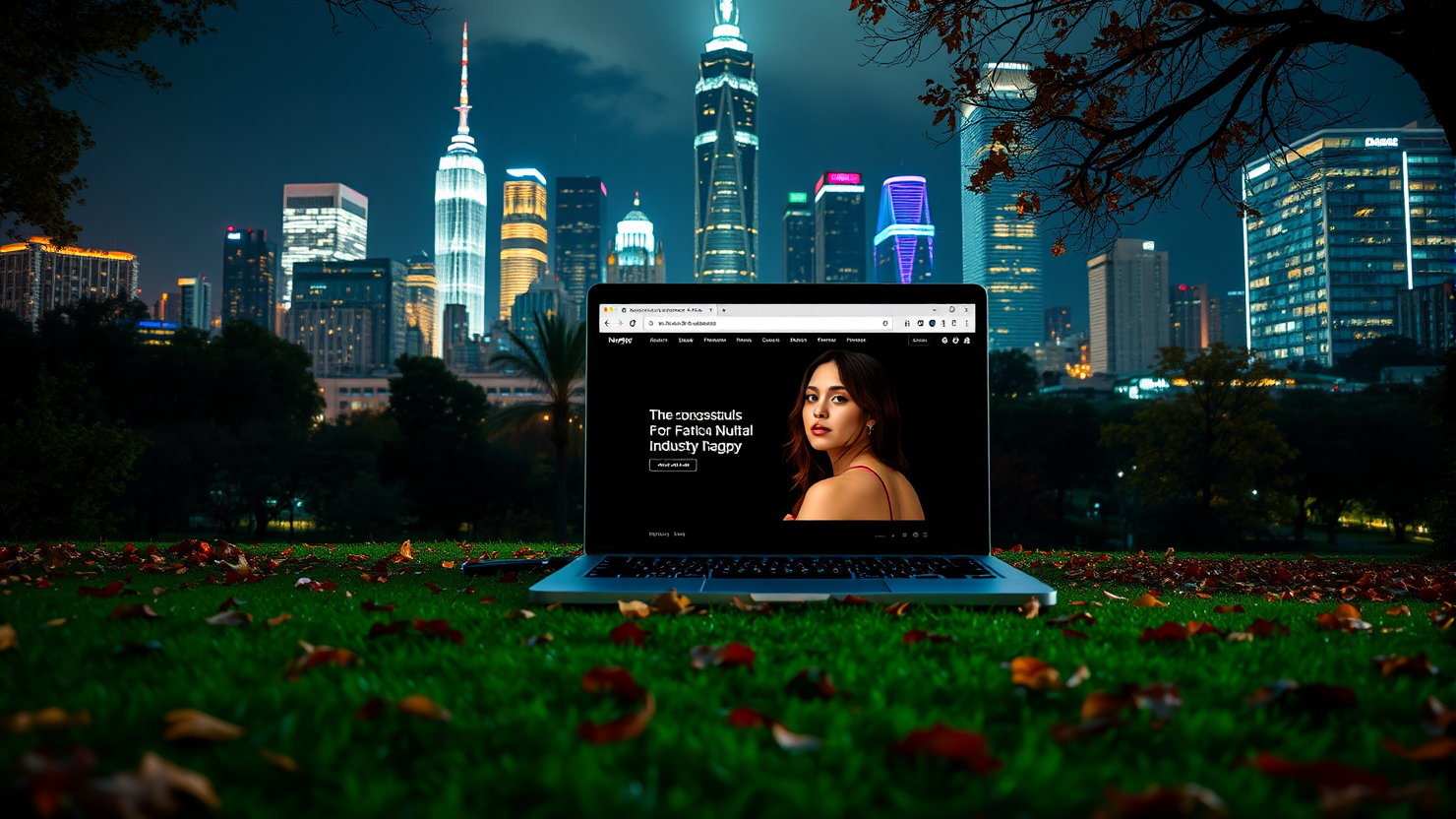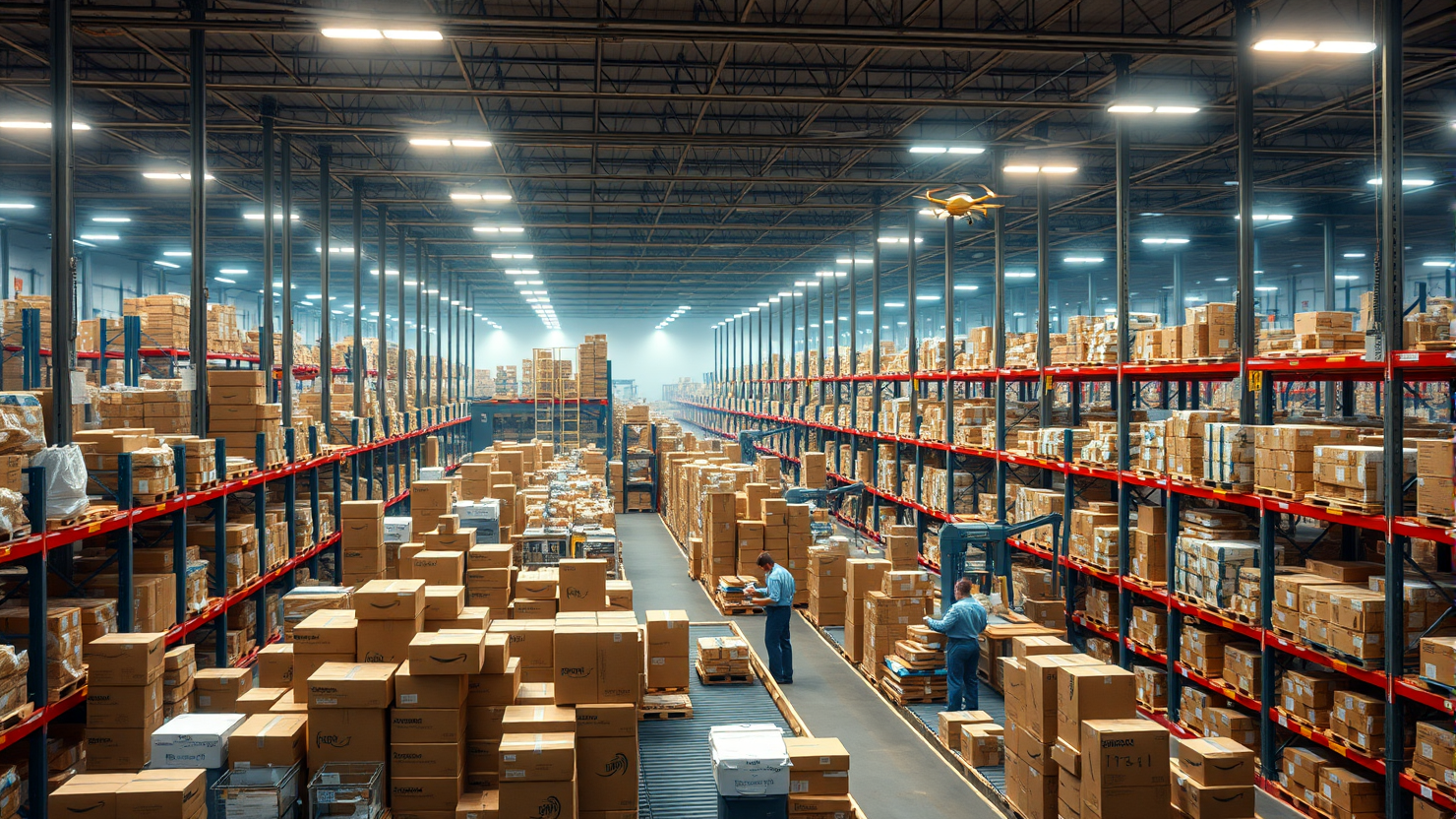Silicon Valley Rivals Sam Altman and Elon Musk Engage in High-Stakes Tech War
Over the past year, the animosity between Silicon Valley titans Sam Altman and Elon Musk has intensified, marked by personal insults, social media spats, and legal disputes. Musk derides his adversary as ‘Scam Altman’ and ‘Swindly Sam’, while Altman has stated that Musk cannot be a content individual and that his life is rooted in insecurity. This week, following Musk’s announcement to sue Apple for supposedly promoting Altman’s OpenAI on the app store over his own startup xAI, Altman accused Musk of manipulating X for personal and business gain, a claim Musk refuted by calling Altman a liar.
In 2015, Musk and Altman co-founded OpenAI as a non-profit organization with the aim of developing AI in a socially responsible manner. Three years later, Musk resigned from OpenAI’s board after a failed power grab. After OpenAI released ChatGPT to widespread acclaim at year-end 2022, Musk established xAI in March 2023 and presented it as the ‘anti-woke’ alternative. Last year, Musk sued Altman to prevent him from transforming OpenAI into a for-profit entity. In response, Altman counterclaimed, asserting that Musk has been working relentlessly to sabotage OpenAI.
The rivalry between OpenAI and xAI represents only one battlefront in the broader war between Altman and Musk. Altman is making moves through both OpenAI and his extensive investment portfolio to challenge several of Musk’s businesses.
Recently, Altman became a co-founder of Merge Labs, a startup focusing on brain-computer interfaces that will directly compete with Musk’s own brain-computer interface venture Neuralink. Merge Labs aims to raise capital at a $850 million valuation and faces competition from Neuralink, which boasts a recent valuation of $9 billion and Musk as its largest individual shareholder.
Simultaneously, Altman is positioning OpenAI to compete with Musk’s social media platform X (formerly known as Twitter). OpenAI is working on building a social media arm that would resemble an ‘X-like social network’, according to The Verge, which initially reported on these plans in April. OpenAI’s venture into social networking could pose a significant threat to X, with around 600 million monthly users (per Statista), while OpenAI claims ChatGPT has 700 million weekly users.
Altman is also targeting Tesla. Despite a 13.5% decrease in Tesla vehicle sales in the second quarter of 2025, Musk has pivoted to self-driving taxis as a potential growth area for his electric vehicle manufacturer. “By the end of next year, we’ll have hundreds of thousands, if not over a million Teslas doing self-driving in the U.S.,” Musk stated on CNBC in May. However, there is limited evidence to support Musk’s claim, as no Tesla vehicles are currently approved for full self-driving. In June, OpenAI announced a partnership with self-driving software maker Applied Intuition (valued at $15 billion) to ‘advance next-generation AI-powered experiences in vehicles worldwide’.
Altman has also backed Longshot Space, a company with aspirations of challenging Musk’s SpaceX with a large gun designed to launch satellites into orbit. He has also invested in Glydways, a robocar startup that could one day compete with Tesla’s self-driving robotaxis.
Musk and Altman were not always at odds. They first met in the early 2010s when Altman served as president of startup incubator Y Combinator, while Musk was developing SpaceX and Tesla. Sharing concerns about the risks posed by artificial intelligence, they co-founded OpenAI in 2015 with a mission to develop AI responsibly. Musk was the organization’s largest individual donor, contributing $44 million in 2016 and 2017.
Musk left OpenAI’s board in 2018 following an alleged failed attempt to merge the entity into Tesla, but even then, the two men seemed to remain on friendly terms. In 2019, during a challenging time for Tesla, Altman criticized those who ‘bet against’ the EV maker and cautioned that ‘betting against Elon is historically a mistake’. When OpenAI launched its ChatGPT product to the public in November 2022, Musk praised the chatbot as ‘scary good’ and chastised the New York Times for not adequately covering ChatGPT.
However, tensions began to sour in 2023 as Musk laid the groundwork for xAI. In February, Musk shared a meme claiming ChatGPT had usurped mainstream media as ‘the captain of propaganda’. The following month, Musk expressed concern that Microsoft had exclusive access to OpenAI’s entire codebase as part of its $13 billion investment in the startup. Despite public camaraderie and intellectual exchanges, relationships between the two men began to deteriorate.
In early 2024, Musk made a $97.4 billion bid for OpenAI’s assets (though they were not for sale) and then sued OpenAI, Altman, and fellow co-founder Greg Brockman in California, alleging that their plans to convert OpenAI into a for-profit enterprise violated the nonprofit’s founding contract. Musk later withdrew his lawsuit before a state judge could rule on whether to dismiss it, but then filed a similar lawsuit in federal court. In April, OpenAI countersued Musk, accusing him of engaging in a ‘yearslong harassment campaign’ against OpenAI in court and social media posts, and claiming that his $97.4 billion offer was a ‘sham bid’ designed to harm OpenAI. The judge has denied Musk’s request to block OpenAI’s restructuring plans, dismissed some of Musk’s claims, and allowed OpenAI’s counterclaim to proceed. A jury trial is scheduled for the following year.
As the hostility between the two men escalates, many in Silicon Valley are watching with interest and enjoying the spectacle. Vinod Khosla, the billionaire investor who has warned about AI’s potential dangers, believes that ultimately, the rivalry will benefit the ecosystem as a whole.






